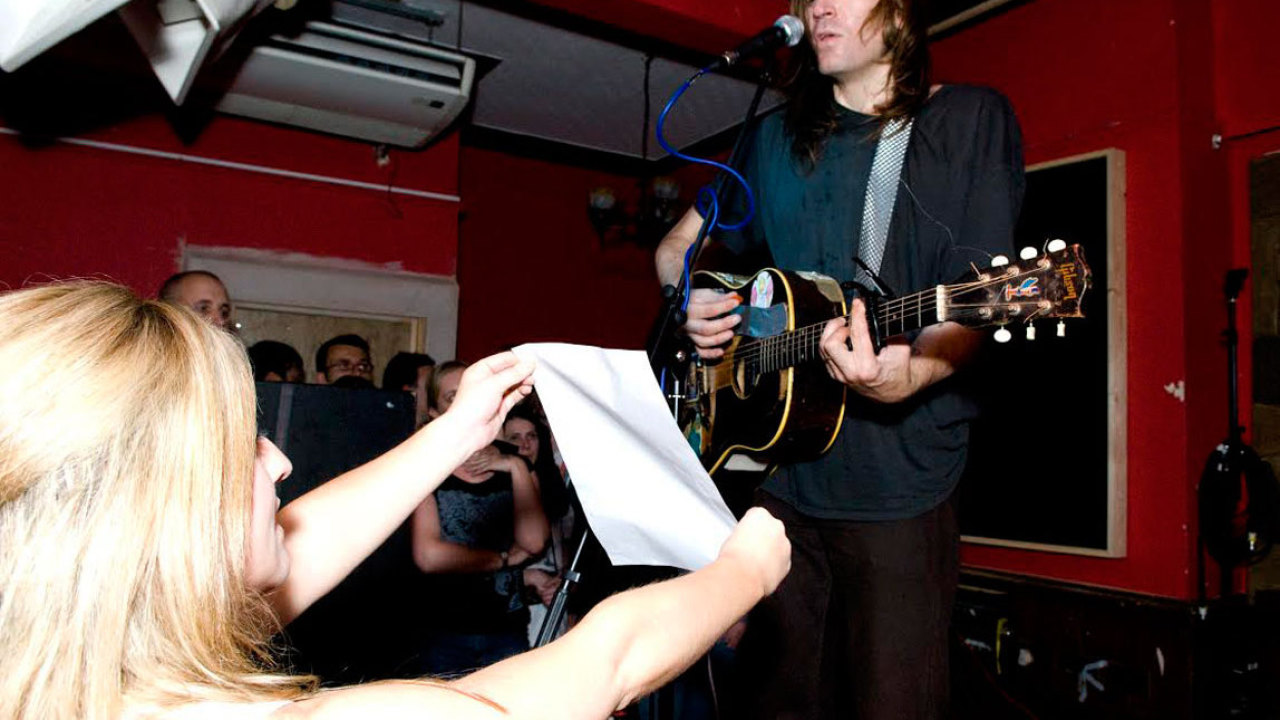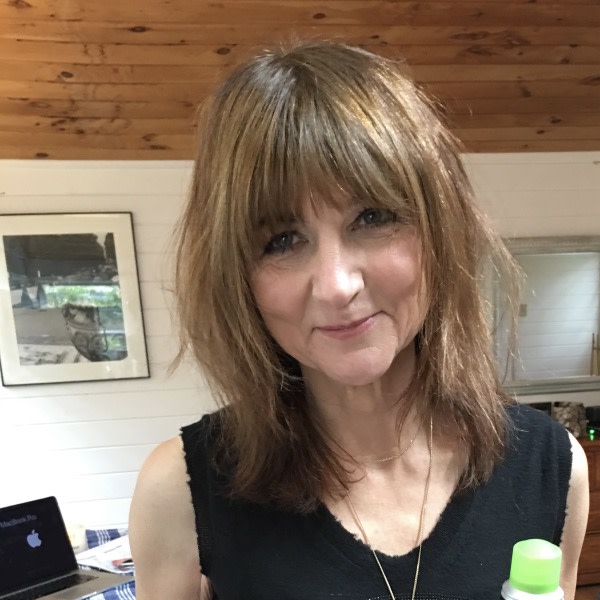Most of the world thinks that, by rights, Evan Dando shouldn’t be alive. But, like Iggy Pop (one of his mentors), he’s a misunderstood boy – and much more than the sum of the drugs he’s taken.
Last July you told a London audience that your solo career was now over.
No, I didn’t.
Yes, you did.
Well, you know how that stuff goes. A lot of it’s not true. And anyway, the time that I had said that this is our last show, I probably said: “This is the last show of our tour.” As far as breaking up The Lemonheads in ’97, I was always going to do another Lemonheads record, I just knew we needed to take a break for a while. And then I took a long break from doing it, and then decided to do a solo album because my masochistic streak came out.
It’s more fun to be in a band, even if it’s a constantly rotating cast. I’m not saying I won’t do another solo album. I might. I mean, that’s fun too. But I felt I might as well do The Lemonheads again.
Iggy Pop said he was the world’s forgotten boy. You seem to have earned that title as much as he did.
I agree. And Iggy’s another reason why I kept the name. We were having dinner and he told me he liked the name of the band.
You said you named the band after Lemonhead candy “because it’s sweet on the outside and sour on the inside”.
Right. Exactly. And there were still the remnants of Quaaludes [a barbiturate-like depressant] culture when we started our band, so the lemon thing was a vaguely disguised reference to Quaaludes.
Do you still stay in touch with Ben Deily and Jesse Peretz, the guys you started The Lemonheads with?
I’ve seen Ben actually more than Jesse lately. He came to see me play in LA. After the show we went back to where I was staying and we played all the old songs – and we both remembered everything, we played together perfectly still.
How did you come to hook up with The Descendents? Were you a big fan of the band, and is that why you asked them to be Lemonheads?
Yeah. I did the reunion tour in 2004, and we brought my friend John Castner’s band, and Karl Alvarez was playing bass in his band. So I met Karl, and we got along really well and had a lot of fun together down in South America. And he was saying: “Why don’t you just get Bill [Stevenson, Descendents drummer] in on it and we’ll make a Lemonheads record.”
I was hatching plans to make a Lemonheads record, because they did this Lemonheads covers festival in Brazil. I thought if that’s going on, why not?
Did you realise you were making history when you were in The Lemonheads?
Yeah, I did. It was a funny time. I mean, at least there seemed to be a lot of good music happening then. And of course it was a double-edged sword: once we realised that it was a job, some of the fun invariably was gone, I guess. You long for the days when it was just a small sort of cult thing.
At the core of your songs, and probably your life, there seems to be this essential contradiction: you crave success and yet you’re repelled by it. Maybe it’s at the centre of your 10-year pattern.
Right. Yep, that’s true. I mean, there’s nothing else that I can do, so I’m coming back to it again. I can’t think of anything else I’d like to do, really. I’m a voracious reader. I want to be a writer one day, but I still haven’t really gotten down to work on that yet. I think I’ve got a couple more years before I do.
Maybe you’re just waiting for the urn to fill.
Yeah, I do a lot of waiting. I always kind of know when it’s right again to make a move. I just thought it was a good time to get out of the situation at the height of the Spice Girls and the Backstreet Boys. I thought it was maybe a good time to duck out for a while and wait for things to change. Of course, then The Strokes came along and rock came back in fashion for a while. I don’t know what’s happening now. We could be entering a drought again.
**Did you always feel that you were meant for big things? Your mum was cover model for Vogue magazine, so you were destined not to have an ordinary life. Did you have the perception that your life wasn’t like other kids’ lives? **
I knew that I was lucky, because at the high school that I went to the only rule on the books was no roller-skating in the hallways. We were reading Kafka’s diaries in, like, 10th grade. So when I went to college it was like taking three steps back, so I withdrew after just one semester.
I became a waiter. Although my dad made good money, he wouldn’t give me any. He knew the best thing for me was to have a dose of reality. It’s the best thing a parent can do, in a weird way – when a kid reaches 18, they have to make their own way.
**One of my favourite songs of yours is If I Could Talk I’d Tell You, from 1996’s Car Button Cloth. Did you really flush the Zoloft (anti-depressant) down the toilet? **
Yeah, I did. I didn’t really like that stuff. I think in certain cases you need ’em, but I don’t think I qualify. I mean, I always know that I’m going to get back to normal if I’m in a depression. I don’t like to take anti-depressants.
I tried it for a little while back in ’97 or something. My friend Epic [Soundtracks] died and it just seemed like things were kind of going rough for me. The problem was that I was just drinking way too much. So I stopped drinking, and that really helped a lot.
You’ve just turned 40. What does that mean to you?
I don’t really think about it much. I’m just looking forward to going out on tour. I think I’ll do this all my life, so what does age matter?
HE’S GOT THE LOOK
At the height of grunge and The Lemonheads, People magazine called Evan Dando one of the sexiest men alive. Does Evan think that helped or hindered his career?
“I don’t know,” he shrugs. “It’s a tough one because I sort of went along with it.
“So much of the stuff I was doing was so ludicrous that I thought, just go along with it and see what happens. I was never very careful about stuff. And neither was my management company. I think they saw me as someone who was going to politely overdose. But I didn’t.”

